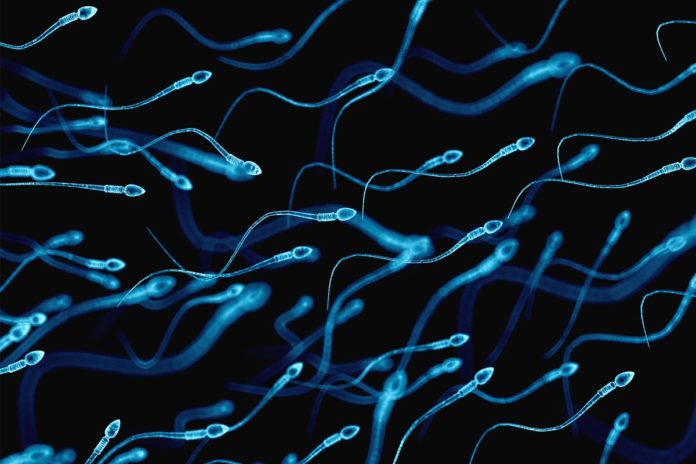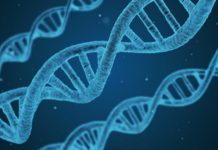
Scientists find that sperm DNA of infertile men is as good as that of fertile men
Scientists have found that sperm DNA from the testicles of many infertile men is as good as that of ejaculated sperm of fertile men. This may explain a major cause of male infertility and opens the possibility of using sperm taken directly from the testicles of these men; to overcome their infertility.
Infertility is a major public health issue. One couple in 6 is infertile across Europe, with male infertility now being the biggest cause in couples seeking treatment. Sperm DNA damage is known to be a major cause of male infertility and reduces a couple’s chances of having a family. This study shows that on the journey from the testicles along the long series of ducts before ejaculation, sperm DNA can suffer major damage, some of which is due to oxidative stress.
In new research, presented at the European Association of Urology Congress in Barcelona, UK-based scientists detail how they took sperm samples from the testicles from 63 infertile men, and matched them with ejaculated sperm samples produced the same men. These infertile men had failed previous fertility treatment (intracytoplasmic sperm injection; ICSI). The scientists also examined the sperm for two types of DNA strand breaks (single and double strand breaks) each in the testicular and ejaculated sperm. A group of 76 fertile volunteers also gave ejaculated sperm for comparison.
The group measured the DNA damage using the Comet assay which is able to measure double and single strand breaks separately.
“When we looked at ejaculated sperm, we found that the extent of sperm DNA damage was much higher in infertile men than in fertile men, with roughly 15 % in fertile men, but 40% in infertile men.”
According to researcher, Jonathan Ramsay (Consultant Urologist, Imperial College, London): “When we looked at ejaculated sperm, we found that the extent of sperm DNA damage was much higher in infertile men than in fertile men, with roughly 15 % in fertile men, but 40% in infertile men. It wasn’t a surprise to see greater DNA damage in ejaculates of infertile men. What we didn’t expect was the consistency in these results when we looked at sperm taken directly from the testicles of infertile men, we found that it was of similar quality to that of ejaculated, fertile sperm”.
He added: “The majority of DNA damage caused in transit from testicles to ejaculate is caused by oxidative stress, which causes DNA single but not double strand breaks. This occurs when the sperm are subjected to poor lifestyle habits such as poor diet, sitting at a laptop all day or smoking. Diseases such as Crohn’s disease and Type 2 Diabetes also cause oxidative stress”.
Professor Sheena Lewis, Emeritus Professor Queens University Belfast and founder of ExamenLab Ltd said, “What this means is that the DNA in sperm from the testicles of infertile men are better quality than sperm from their ejaculates. This opens the way to taking sperm directly from the testes of men who have highly fragmented ejaculated DNA and failed cycles of treatment and trying to achieve fertility with these testicular sperm. We also noted in a subgroup that the amount of the more serious double stranded DNA breaks was lower in the sperm taken from testicles, so using these sperm is more likely to lead to an improvement in male fertility.”













